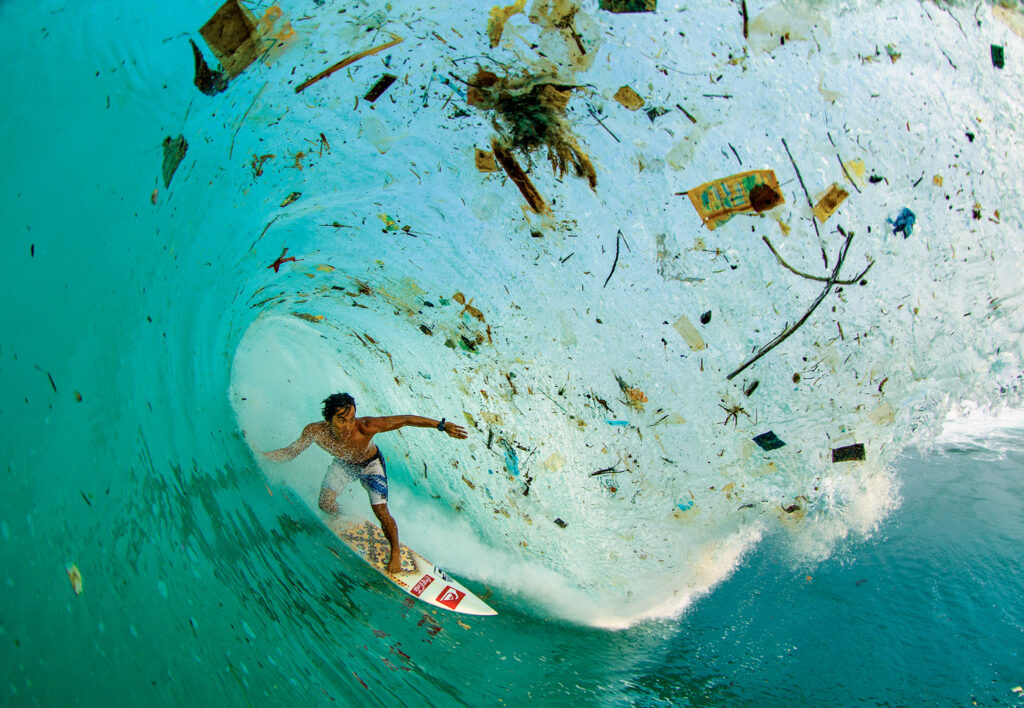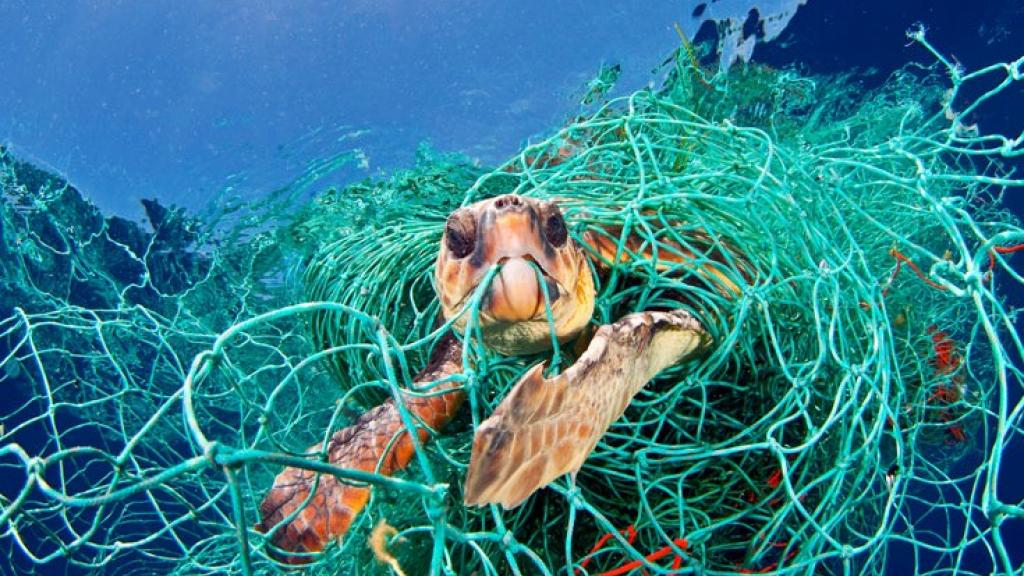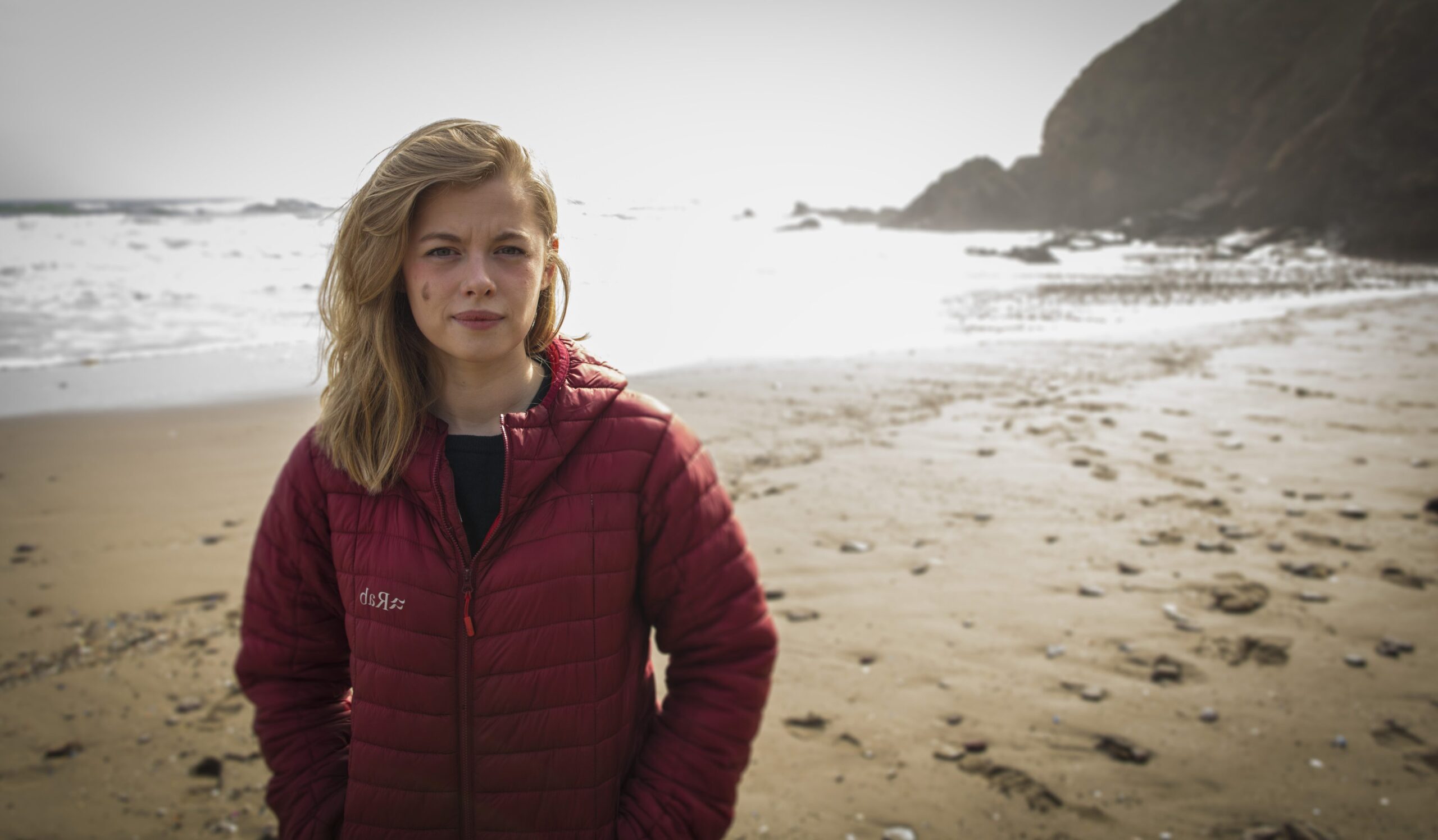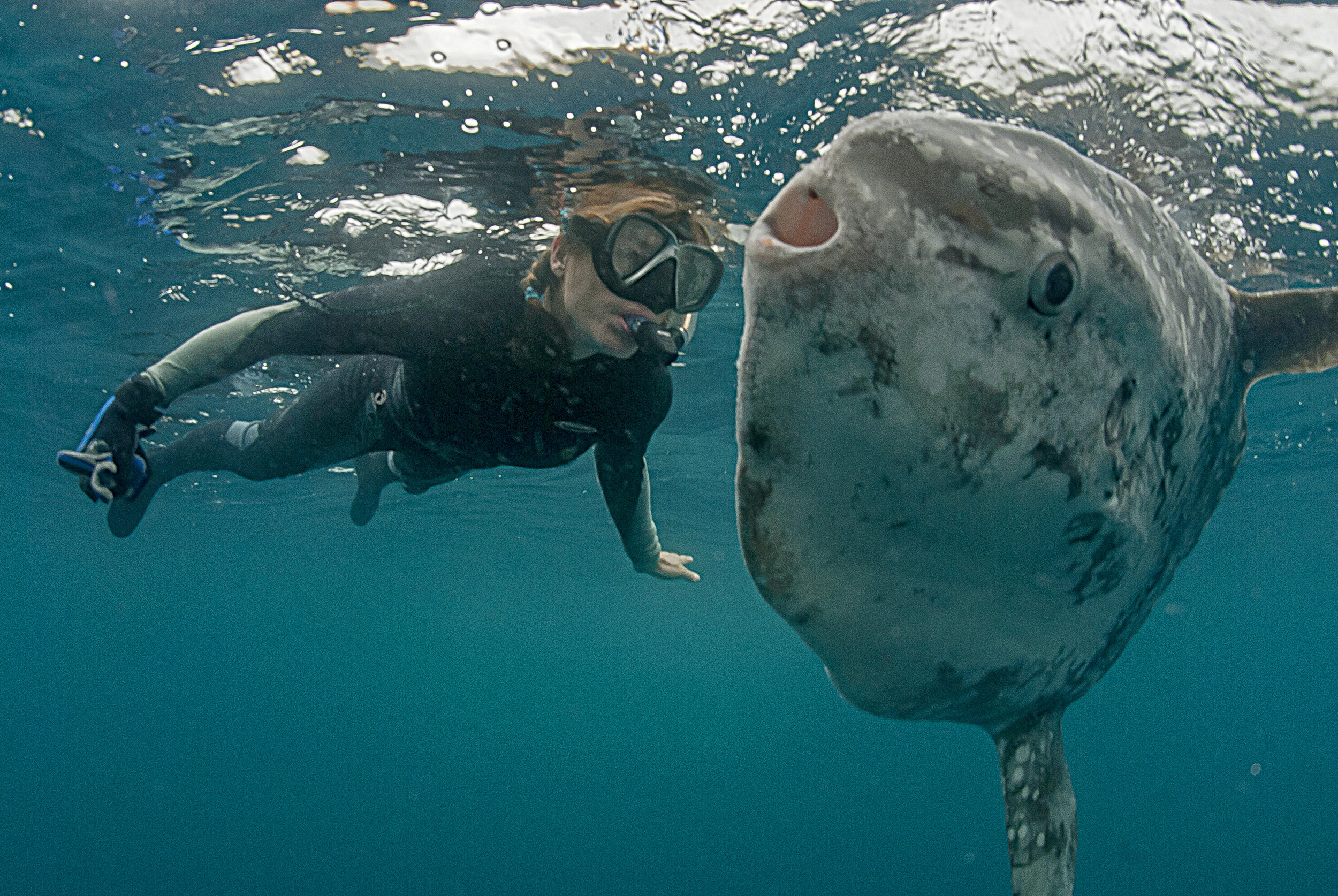Exploring Ocean Plastics
September 2023

As we usually do, we’re kicking off the 2023/24 school year exploring ocean plastic, hosting scientists, explorers, artists, advocates and organizations documenting, researching and developing innovative solutions to tackle this global issue. We have 9.2 billion tons of plastic on our planet of which 6.9 billion tons have become waste. We are filling the bodies of water on our planet with plastic, a new estimate shows 11 million tons of plastic entering the ocean each year, surely increasing with all the disposable PPE we’ve been using since the start of the pandemic. How long does it take for plastic to completely biodegrade? Estimates range from 450 years to never. Wave action and the sun cause plastic to breakdown into smaller pieces called microplastics, which are ingested by marine life, carrying toxins that accumulate through the food chain and into our bodies.
A few more facts to illustrate the issue:
-More than 5 trillion pieces of plastic are already floating in our ocean
-Over a million seabirds and 100,000 marine mammals are killed by plastic trash each year
-Around the world, over a million plastic bottles are sold every minute
-Each year, an estimated 640,000 tonnes of disgarded fishing gear enter the world’s oceans, this plastic waste continues ghost fishing, continuing to trap and entangle marine life.
Photo Credit for Surfer in Plastic: Zak Noyle: www.zaknoyle.com

Photo Credit: Jordi Chias
All Event Times Listed in Eastern

Exploring the Impacts of Plastic on Coastal Ecosystems with Taylor Maddalene
September 12th @ 1:00pm eastern
Join Taylor to explore her current research on the impacts of plastic pollution on coastal ecosystem health, tying human behavior and our waste management infrastructure on land, to what we see in the ocean. Her background is in marine ecology, conservation, and science communication, working on projects around the globe with organizations such as National Geographic, NOAA, and Rare. Before starting her PhD, she served as the Director of the Plastics Initiative at National Geographic and organized their largest female-led expedition on the Ganges River to study plastic pollution.
Taylor is a PhD Student in the Jambeck Research Group in the College of Engineering at the University of Georgia (UGA). She also serves as the Director of the Circularity Assessment Protocol at the Circularity Informatics Lab at UGA. Taylor received her Bachelors in Environmental Science from the University of Virginia and her Masters in Marine Biodiversity and Conservation from Scripps Institution of Oceanography at UC San Diego.
Register Here: https://forms.gle/mmPvLHsti3aUb1nC7

The Plastic Detective: Investigating Human’s Waste Footprint from the Ocean to Earth’s Orbit with Imogen Napper
September 14th @ 9:00am eastern
Dr. Imogen Napper is a Marine Scientist and National Geographic Explorer. Growing up in a seaside town, she began noticing the increasing plastic contamination on her local beaches. Driven by curiosity to understand why, she was eager to be part of the solution. Now described as a ‘Plastic Detective,’ her research investigates sources of plastic pollution in the environment. She received a PhD from the University of Plymouth and her work influenced the international ban on microbeads in cosmetics, where she found up to 3 million plastic beads could be in a facial scrub bottle. Imogen also produced the first research piece that analyzed fabric types (such as polyester) to understand how plastic fibers come off clothes during washing—this could be more than 700,000 fibers from a single wash. In fieldwork, Imogen was a scientist on the National Geographic ‘Sea to Source; Ganges Expedition’, estimating up to 3 billion microplastics could be discharged into the ocean from a major river system daily. She led microplastic research for the National Geographic ‘Perpetual Planet’ Everest expedition, finding the highest microplastics recorded near the summit, likely shed from climbers’ clothes.
She is now focussing on rubbish beyond planet Earth – Earth’s orbit. She is investigating how our ocean debris knowledge can be used to influence action and mitigation to orbital pollution from satellite debris. She has published work stating that Earth’s Orbit needs an Orbtial Treaty (simialr to the High Seas Treaty) and is advocating for a United Nations Sustainability Development Goal (UN SDG) 18 which focuses on Earth’s orbital environment to raise awareness.
Register: https://forms.gle/mmPvLHsti3aUb1nC7

Tierney Thys: Combating Plastic Pollution Through Our Clothing Choices
September 20th @ 2:00pm eastern
National Geographic Explorer and Cofounder of the nonprofit, Around the World in 80 Fabrics, Dr. Tierney Thys, will talk about how the epiphany of finding an ‘oil spill’ in her closet drove her to search out the global biodiversity of natural fibers. Through the millennia, humanity has drawn upon deep ecological knowledge to cultivate myriad natural resources for our clothing. Today radical revivalists and state of the art biomaterial fabric alchemists are forging a bright non-petroleum future using fashion as a powerful force to solve our plastic microfiber pollution crisis and much more.
Register: https://forms.gle/mmPvLHsti3aUb1nC7
All events will be recorded for later viewing

